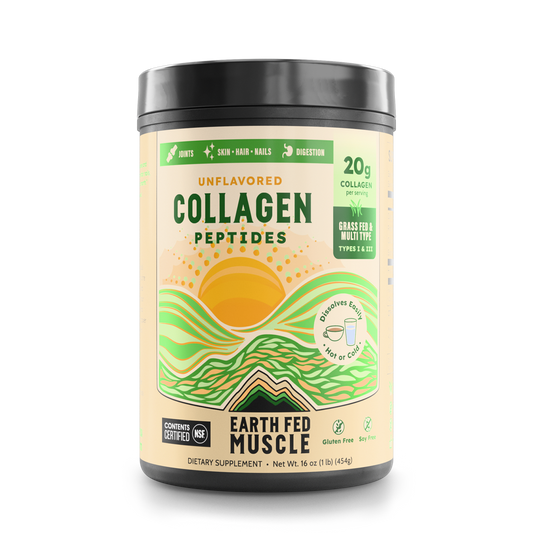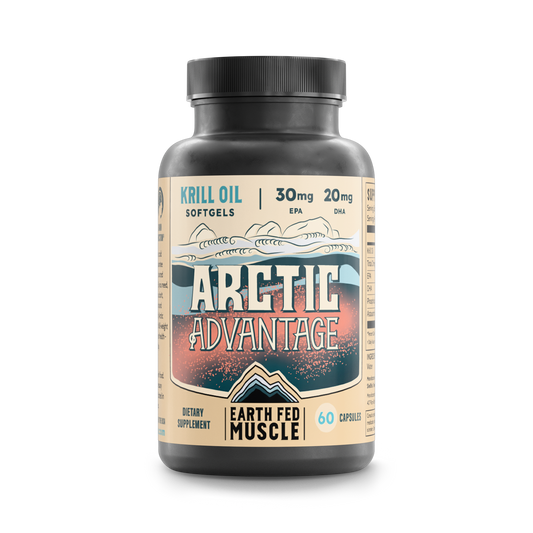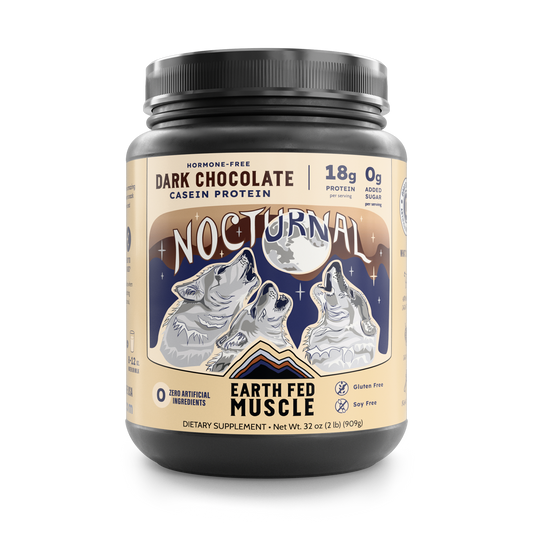People talk about nutrition as a way to strengthen the body, especially for athletes. While true, did you know your diet also affects your mental health? Your performance depends as much on mental resilience as it does on physical capabilities.
Athletes and Mental Stress
Athletes mainly bank on their physical capabilities to perform well in their chosen sport. However, succeeding in sports also requires mental strength. Conditioning the mind and body is crucial to becoming a good athlete.
Say you’re training to be a good runner. You need to run and work out daily to improve your speed and cardiovascular endurance. Aside from these physical skills, you also need to stay mentally healthy, which can manifest in clear decision-making and better performance. Supportive environments that foster trust, autonomy and positive relationships further support an athlete’s well-being.
Physical activity itself has strong links to positive feelings and mental health. It increases endorphin levels, making you feel good and boosting self-esteem. Despite this, many athletes struggle with poor self-image and other mental health issues. They may have a lot of supporters, but their environment can place a lot of pressure on them — the pressure to win, maintain a specific physique or keep up with other successful athletes’ lifestyles.
How Food Affects Your Mental Health
Managing your mental health requires a multifaceted approach, with nutrition as one if many important components. Here’s how food affects your psychological well-being.
Serotonin Production
Serotonin is a hormone and a neurotransmitter, meaning it sends messages between nerve cells and other body parts. It facilitates many of your functions, such as sleep, digestion and body temperature. However, one of the most important roles of serotonin is mood regulation.
What does this have to do with food? Multiple studies have cited that 95% of the body’s serotonin comes from the gut. Your digestive tract is also home to neurons, which are part of the nervous system connected to the brain. Thus, it only makes sense that the quality of your diet influences your mood and emotions.
Gut Microbiome Health
A 2021 study found links between gut health and mental wellness. Researchers from Deakin University followed 213 pregnant women in their third trimester, noting their diet and gathering gut microbiome samples. They continued to monitor the mothers and their children until the kids turned two, where they found that the mothers with the most diverse gut microbiomes also had children who exhibited anxious or depressive characteristics the least.
While correlation doesn’t exactly equal causation, these results make sense, given that your gut has direct links to your nervous system. Disruptions and imbalances in the gut microbiome can contribute to chronic fatigue and mental health problems. For this reason, some studies are exploring the potential positive effects of rounded diets on mental health by targeting a healthy and diverse gut microbiome.
Collagen, in particular, is mostly popular for keeping the skin and hair healthy. However, it also aids digestive health by delivering amino acids to nourish your body. Supplements like Earth Fed Muscle’s Collagen Peptides give the body a necessary boost of collagen to support digestion and other essential bodily functions.
Collagen Peptides, Unflavored (formerly known as The Keystone)
$39.99

Inflammation Management
Inflammation is your body’s response to harm, such as injury or infection. You see it when you get a cut or an insect bite. However, it can also manifest in chronic forms, such as heart disease, arthritis and mental health disorders.
Many things can cause inflammation, one of which is your diet. Processed foods like instant noodles and carbonated drinks are usual culprits. Eating these in moderation and following a balanced diet helps keep your mind and body in check.
What Foods Should Athletes Eat to Improve Their Mental Health?
Mental health is complex, and nutrition alone will not resolve all underlying issues. However, switching to a healthier, more balanced diet focusing on gut health can provide an excellent foundation for better physical and mental wellness.
Fish and Seafood
Some seafood is rich in omega-3 fatty acids, which has anti-inflammatory effects. These fatty acids are similar to those you find in Earth Fed Muscle’s omega-3 supplement capsules.
Arctic Advantage Krill Oil Softgels
$29.99

One recent research review also found that these fatty acids may aid in the prevention and treatment of depression. A study conducted in Korea published in 2024 also found that adults who consume at least four servings of fish in a week have 26% lower chances of developing depression compared to those who only eat one serving a week or less.
Fermented Food
Foods like kimchi, kombucha, yogurt, and kefir are incredibly flavorful and complex. Aside from making your meals more exciting, they may also improve your gut and mental health, thanks to a process called fermentation.
Fermentation creates probiotics, which are great for gut health. Probiotics — sometimes dubbed “good bacteria” — are microorganisms that strengthen and diversify the gut microbiome, which can boost your mood due to the connection between the gut and the brain.
Fruits and Vegetables
What healthy diet list would exclude fruits and veggies? They’re rich in fiber and antioxidants that fight inflammation that may lead to depression and other mental disorders.
Berries, in particular, contain many antioxidants that help your body prevent tissue damage. They also contain anthocyanins that give them their signature color while being associated with lowering depressive symptoms.
Powdered greens are a great alternative if you want the benefits of leafy veggies but aren’t a big fan of the taste. Dissolve a teaspoonful in some water, drink it as a juice, or add it to your smoothies, desserts or meals.
Dark Chocolate
Chocolate has a decadent reputation — after all, it usually appears in sweets and desserts. However, eating dark chocolate after a good meal can boost your mood, and not just because it’s delicious.
A 2022 study revealed it helped alleviate mental and physical fatigue while improving executive function, vitality and memory. Another study also found that dark chocolate with a cocoa percentage of at least 78% was associated with a lower depression score.
Supplements like these salted chocolate grass-fed whey and dark chocolate casein protein powders contain cocoa and amino acids alongside their high protein content. It’s best to pair them with some natural dark chocolate to maximize their benefits.
Nocturnal Dark Chocolate Casein Protein
$49.99

Fuel Your Mind
Living an athletic lifestyle can take a physical toll. However, when you focus purely on performance and don’t take your whole body into account, you could also notice it affect your mental health. A balanced diet is crucial to proper nourishment, which keeps your body capable and your mind sharp enough to face challenges.
Author Bio
Jack Shaw is the senior health and fitness writer at Modded as well as a coach and sports enthusiast. For the past 6+ years he's studied and written extensively about how people of all ages and skill levels can stay fit and maintain mental and physical health. In recent years his athletic expertise has been featured in BarBend, TrainHeroic, SimpliFaster and more.
